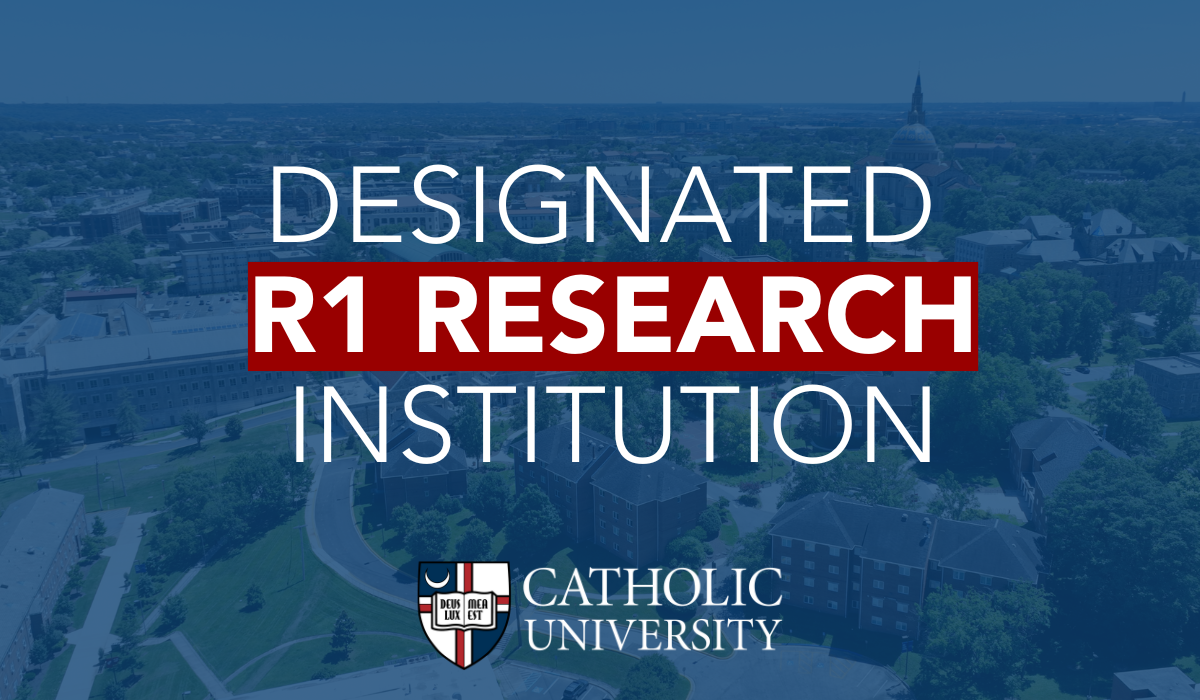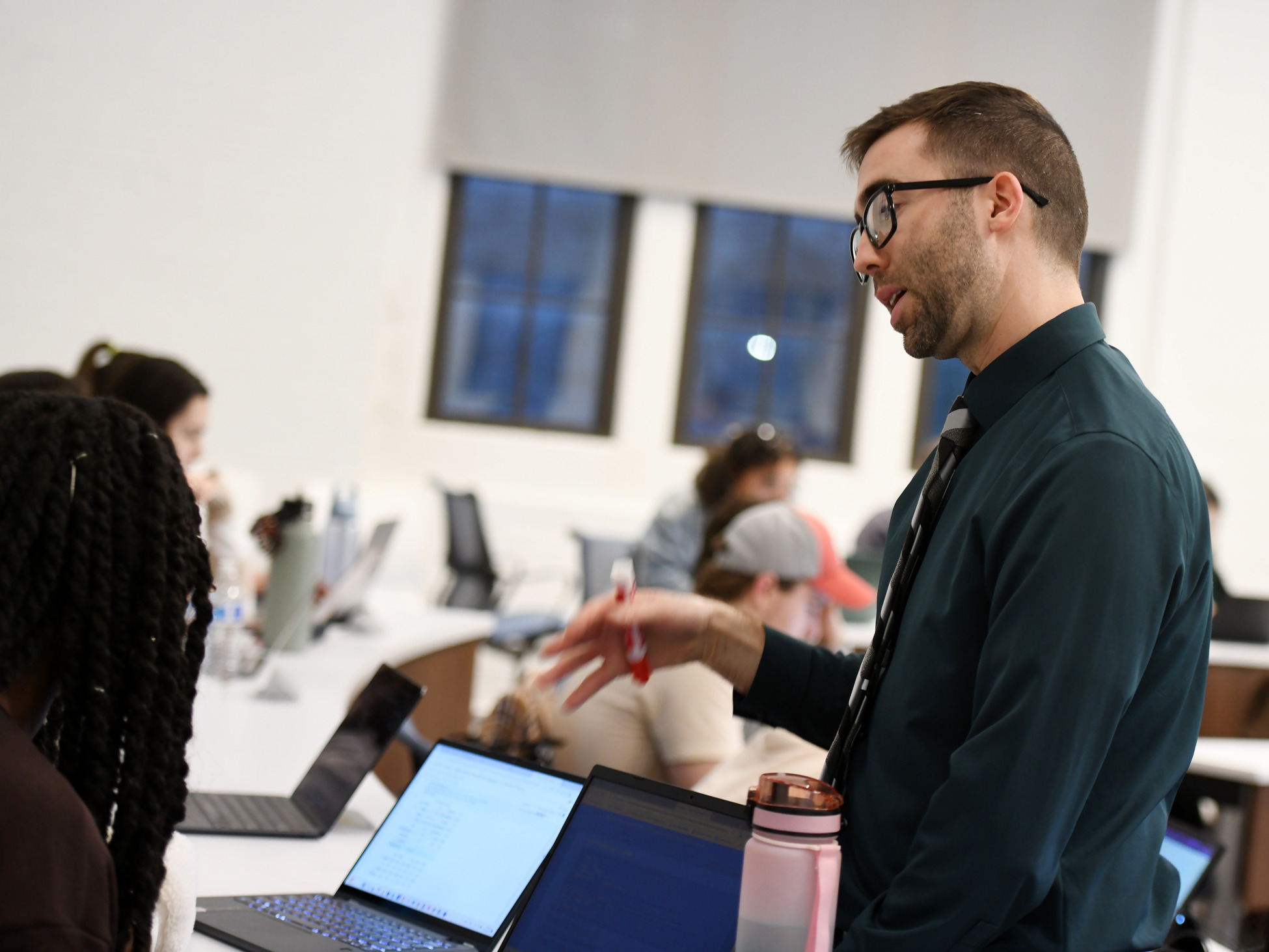by Kathryn Mullan
In Washington, D.C.’s world of government and power, the name of the game is access and knowledge. Just up North Capitol Street is The Catholic University of America, where faculty in its world-class politics department teach the discipline through the lens of Catholic ethics. And unique programs, like the certificate in intelligence studies, are taught in part by practitioners like Michael McGarrity who have first-hand experience in that DC agency world.
An economics and philosophy alumnus who also earned his Juris Doctor degree from the Columbus School of Law, McGarrity’s storied career in the FBI and roles from the CIA to the White House make him an expert who doesn’t need a textbook to teach the next generation of leaders.
From a young age, McGarrity knew he wanted to work for the Federal Bureau of Investigation (FBI). He chose Catholic University not just for its access to the federal government in Washington, DC, but also for the holistic environment that provides a rigorous education and human formation for someone with a goal of public service. Some of his closest classmates and friends from Catholic became leaders in the Drug Enforcement Agency and the Navy – and all were critical formative influences on a young man aspiring for a career that requires a top secret clearance.
In the 1980s, the University didn’t offer an intelligence studies or criminology degree so he went the route of an economics major with a philosophy minor. The latter proved to be great groundwork for law school, which he attended part-time at night once he started working for the Department of Energy.
“In my law school class, there was one guy in the Secret Service, a few cops, and a guy who worked for the CIA, so I got to know those guys, who helped envision and confirm my path to the FBI,” says McGarrity.
With his J.D. in hand, he started in the Manhattan District Attorney’s Office, working the drug and gang cases while he applied to the FBI. When he was accepted to, and then completed, his training at the FBI Academy in Quantico, he was sent back to New York to bust money laundering rings and do other work similar to his prosecutor days.
Then 9/11 happened. He worked his way to an assignment with the FBI/NYPD Joint Terrorism Task Force in New York, monitoring al Qaeda, Hamas, and Hezbollah activity.
“This changed how law enforcement agencies became more important in national and international intelligence,” said McGarrity. “The global war on terrorism meant was a paradigm shift where all the policy walls that may have previously prevented intel-sharing of intelligence for criminal investigations evaporated for more powerful interagency coordination.”
From there, he was recruited back to DC to work for the CIA, as one of a handful of FBI agents assigned to work al Qaeda threats. Over the next 15 years, he was on global missions to more than 30 countries, with a primary mission in Afghanistan, where he was the FBI Deputy On-Scene Commander embedded with the Joint Special Ops Command (JSOC). He returned to Washington to manage international terrorism cases across the United States and in 2009 he returned to the field to supervise a squad that focused on Afghanistan, Pakistan, Iraq, and Israel – two major war zones that battled Al Qaeda, Hezbollah, and Hamas. President Obama commissioned him as the first Hostage Recovery Coordinator, and McGarrity stood up and led an interagency hostage recovery unit with members from the FBI, State Department, DOD Special Operations, and other U.S. intelligence agencies.
“When I look back at what I am most proud of in my career,” he says, “I would say standing up the hostage cell and rewriting the U.S. government’s hostage policy that impacts response across so many critical agencies, that is up there.”
Now retired from his agency career, he has pivoted to a vice president of security role at Capital One and teaching opportunities. The spring 2025 course McGarrity is teaching, Issues in Contemporary U.S. Intelligence, is a broad study of everything from “why democracies have intelligence agencies to their value to policymakers” and ethical elements of this work.


